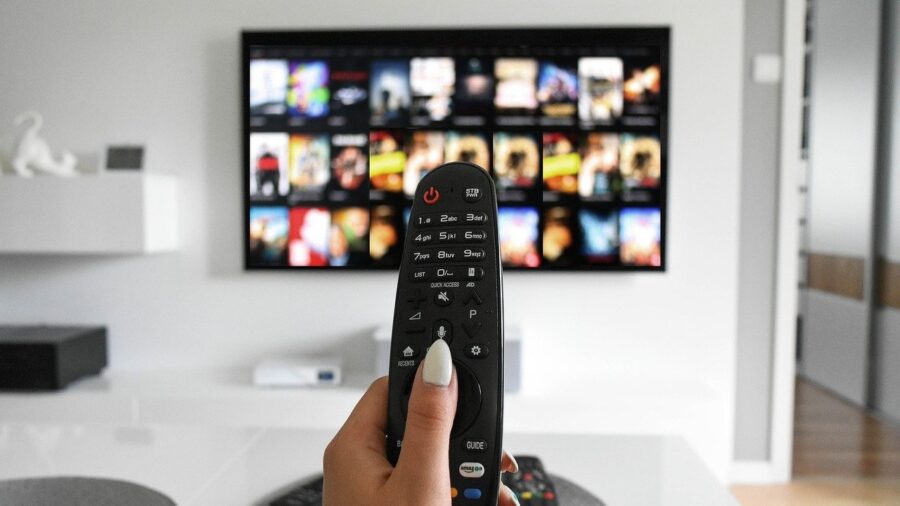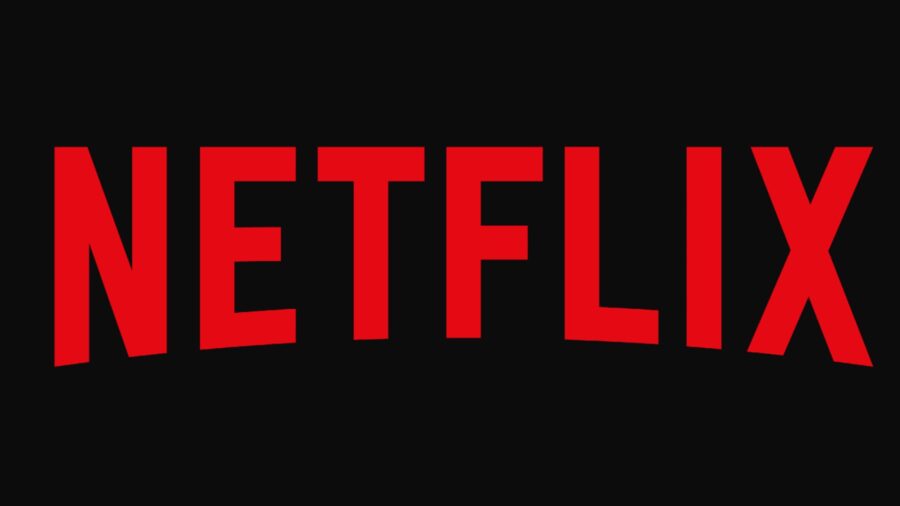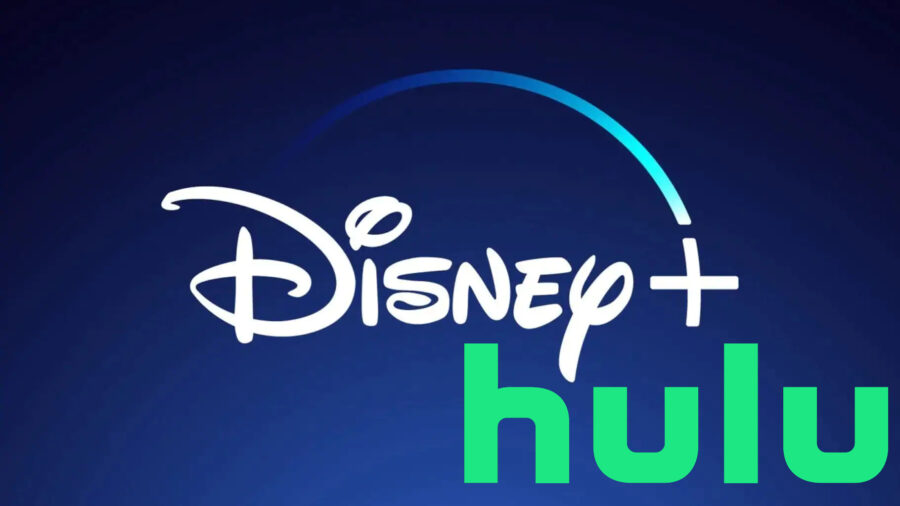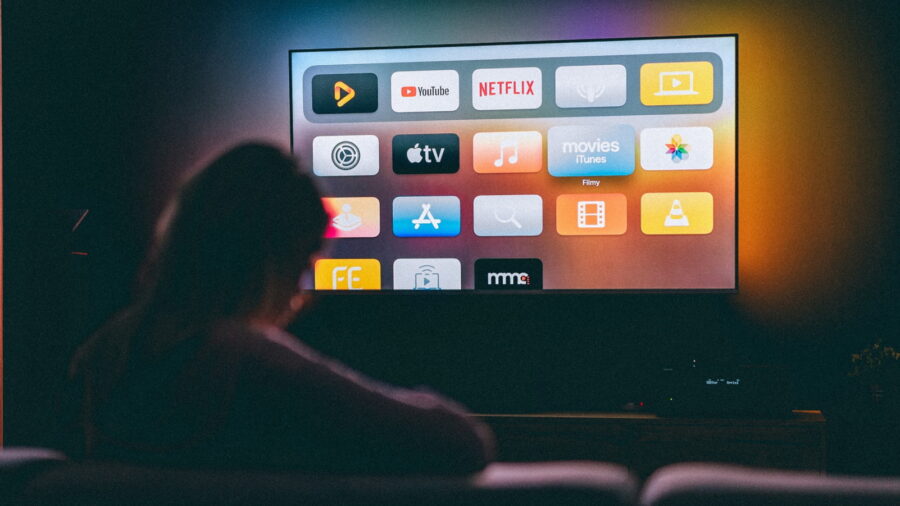Pirating On The Rise For First Time In Years, Streaming Prices To Blame?

Panda Security reports that piracy is on the rise, and with media being more available to the masses than ever, we’re asking ourselves why. According to a study conducted by the European Union’s Intellectual Property Office (EUIPO), 48 percent of all piracy is caused by people illegally viewing TV content. Of the people who are pirating content, 58 percent of them are gaining access to illicit content via streaming sites, and 32 percent are downloading TV shows from torrent-based file-sharing services.
The Way We Consume Media Is Drastically Changing

Though this increase in piracy is quite low compared to historic numbers when tools like Napster and Limewire completely disrupted the music industry in the early 2000s, the fact that we’re seeing an uptick in the amount of people pirating content tells us that we’re seeing yet another cultural shift in how people consume media.
Streaming Prices Are Partly To Blame

The EUIPO has reason to believe that the price increases associated with streaming services are partially responsible. With companies like Netflix cracking down on password sharing, and Disney+, Hulu, Amazon, and Paramount+ seeing price increases of their own, it makes sense that people are hopping online and finding ways to view their favorite shows for free.
It’s no mystery that inflation has caused consumers to drop any extra expenses, and an unfortunate reality is that food and housing are far more important than their entertainment budgets during times of financial hardship. But still, entertainment in the form of TV is the universal escape from day-to-day life that we all desperately crave.
There may be more to this increase in piracy aside from cost when you look at the big picture, however.
Bundle Packages Might Be Turning People Off

Streaming has recently taken a page from the linear cable playbook, and consumers are now being presented with bundle packages that offer better pricing than subscribing to a single stand-alone service. But with bundle packages come an enormous amount of content that people may not be interested in watching (or paying for) in the first place. Long gone are the days of signing up for a single streaming service because consumers need to sign up for several in order to watch their favorite programming.
Ad Supported Tiers Aren’t Helping Either

Another point of frustration that may be contributing to an increase in piracy is the addition of ad-supported service tiers. One of the main selling points of streaming at its inception was having the ability to watch television without being bombarded with advertisements. In other words, people paid a premium to get rid of commercials, but now they’re paying one to watch them.
Though ad-supported tiers are often at an affordable price point, it’s worth noting that Disney+ was ad-free for $6.99 a month when it was introduced to the public in 2019. Presently, Disney’s most basic streaming service includes ads for $7.99 a month, and the ad-free version’s price has doubled to $13.99 a month. Multiply these price increases across multiple services, and it’s not surprising that more people are gravitating toward piracy.
Platform Jumping Has Become A Major Problem

One more factor to consider is the fact that people are tired of switching streaming services when their favorite shows move from one platform to another, which happens quite often. It goes without question that piracy is illegal, but if a customer just wants to watch reruns of their favorite ’90s sitcom, piracy is tempting because it’s a one-and-done solution that allows them to have their favorite content all in one place: their hard drive.
Though piracy is unethical and has the potential to undermine the the streaming industry just like it did the music industry, it makes sense that we’re seeing an increase in the amount of people downloading content illegally instead of paying for it. Whether the number of people pirating content will continue to increase remains to be seen, but the fact that we’re seeing an increase in piracy for the first time in years suggests that the problem may get worse before it gets better.












